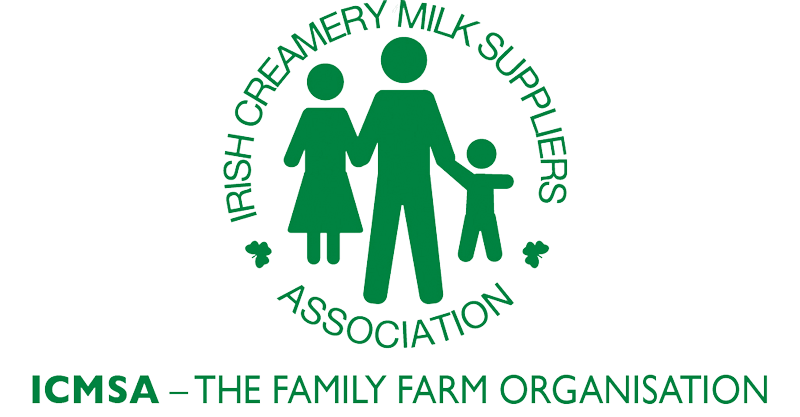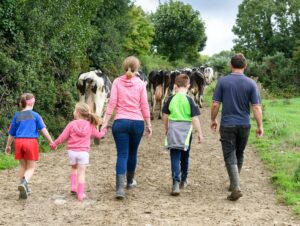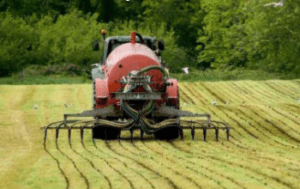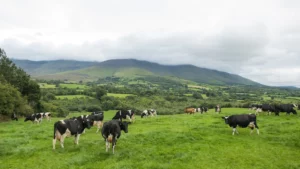
Succession
It is common for Irish farms to be held within the family for many generations and the current owner acting as custodian for a future generation of farmer. To facilitate the smooth transition between generations and to ensure the protection of the farm business into the future, a succession plan is key.
A fundamental initial step is to make a will. The will provides for what is to happen to the farm in the event of the farmer’s death. A will allows the farmer to pass on property in accordance with his/ her wishes. Farmers can delay the preparation of a will due to uncertainty in their own succession wishes but there are many options to facilitate this uncertainty within the will by the use of trusts and other options. Generally, Capital Acquisitions Tax is the only tax arising on an inheritance.

Making A Will
In cases where a property is transferred after the death of the owner, there are two ways that the estate is passed to the successor; either the lands are inherited in accordance with the Will of the deceased, or through the rules of intestacy if the landowner dies without having made a will.
It is always recommended that landowners have made a Will so that their wishes can be followed after their death. It is critical that Wills specifically include entitlements under EU agricultural schemes as many of these require access to land. Also, if they are not specifically gifted to the farm successor, they could fall into the ‘residue’ of the Will and may actually be given to an unintended recipient
Sucession
Where a successor is identified, farmers often choose to transfer the farm during their lifetime. In my experience, with good planning a life-time transfer of the farm offers the best result for all parties.
Unfortunately, a life-time transfer creates a more complex tax position due to the greater number of taxes chargeable on the transfer.
Farmers should give consideration to the age at which they would like to retire as well as the age/willingness of the identified successor to take over the farm. Effective and regular communication about who, how and when the farm ownership and management will transfer to the next generation is important.
There are many issues to consider from a tax perspective when it comes to handing on a business/farm. Getting good advice on this prior to making any decisions is essential and could ensure large saving in future tax liabilities. There are numerous new mechanisms such as the Succession Partnership Scheme which are worth considering. Also, there is scope for improved tax efficiency in circumstances where farmland is leased for longer terms. However, there are some exceptions to the tax benefits like inter family leases.
It is possible that inheriting the farm has Stamp Duty and/or Capital Acquisitions Tax implications for the recipient, while there is potentially Capital Gains Tax considerations for the retiring farmer.
Latest Headlines
- Sections
Contact Us
Telephone
+353 (0)61 314677
Address
ICMSA Head Office
John Feely House
Dublin Road
Limerick
V94 KX38





